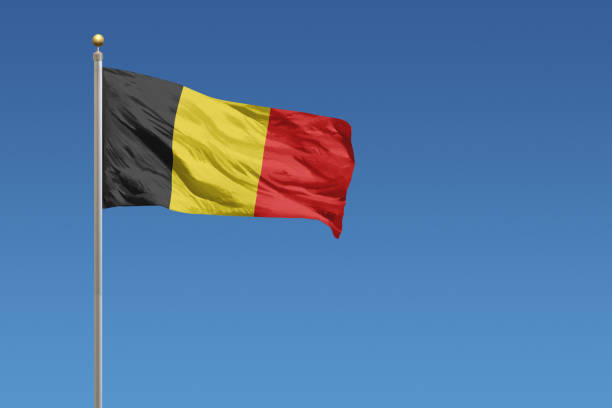Belgium allows and recognizes dual nationality, which means that people may be citizens of both Belgium and another country. This strategy is particularly helpful in today’s globalized society, since many individuals have deep ties to more than one nation. Belgium does not oblige people to give up their original nationality when they become Belgian citizens. However, the procedure for qualifying is long and involves strict adherence to legal and administrative rules.

Who is eligible for Belgian citizenship
There are several ways to become a Belgian citizen: by birth, by descent, by marriage, by declaration, or by naturalization. Each method has its own requirements for qualifying, and depending on the regulations of the person’s home country, they may also end up with dual nationality.
Citizenship by birth or descent
In the following sentences, the certain circumstances where a person immediately becomes a Belgian citizen at birth have been explained. If one of the child’s parents is Belgian at the moment of the child’s birth, no matter where the birth happens. A child born in Belgium to foreign parents if one parent was also born in Belgium and lived there for at least five of the ten years before birth. If a kid is born in Belgium and would otherwise be stateless. In these cases, if the kid also qualifies for another nationality via the non-Belgian parent, they immediately get dual nationality.
Citizenship by declaration
The declaration procedure is one of the most prevalent ways for foreigners living in Belgium to become Belgian citizens. This path lets a foreign individual who has resided in Belgium lawfully and without interruption for a certain amount of time seek for citizenship. The amount of time you need to live in a place depends on a number of things:
Five years of legal and unbroken residency, together with evidence of becoming a part of Belgian society. This involves being able to speak Dutch, French, or German, being part of the economy (through job or self-employment), and being part of society (through education or voluntary work).
If you are married to a Belgian citizen, you must live there for three years and provide evidence of living together and being a part of the community.
Two years of living here for those who don’t have a country or who are recognized as refugees.
The candidate must additionally provide proof of their identification, domicile, language skills, and engagement in society when they submit the declaration to the local municipality.
Citizenship by naturalization
Naturalization is a more flexible procedure and is usually given to those who have made outstanding contributions to Belgium in the arts, sciences, sports, or public service. Most of the time, candidates need to have lived legally in the country for at least five years. The procedure starts with a formal application sent to the Belgian Parliament, which looks at the proposal and authorizes it based on its merits. Naturalization is not an automatic right like the declaration route; it is given out selectively.
Marrying a Belgian citizen
Getting married to a Belgian citizen doesn’t immediately make you a citizen, although it may make the process easier. A foreign spouse may seek for Belgian citizenship after living in Belgium legally and being married for three years. The pair must have lived together the whole time, and the applicant must show that they can speak the language and fit in, just like in other ways.
What it means to have dual nationality
Belgium lets its inhabitants have another nationality without having to give up their own. This is true for both when a foreigner becomes a Belgian citizen and when a Belgian citizen chooses to become a citizen of another country later in life. But whether or not you can have dual citizenship also relies on the legislation of the other country. Some nations, like Germany or India, don’t allow dual nationality or have rules against it. This means that the individual may have to give up one of their nationalities.
Giving up or losing Belgian citizenship
In certain situations, you might lose your Belgian citizenship. For example, Belgian citizens who were born and live outside of Belgium and have not kept up important links to the country may lose their nationality automatically when they turn 28, unless they do anything to save it. People who want to give up their Belgian citizenship may do so voluntarily, as long as they already have or will get another nationality.
You may also find these articles helpful
Long-term residents
All you need to know when Registering your residence abroad
What is work permit and who can get it?
